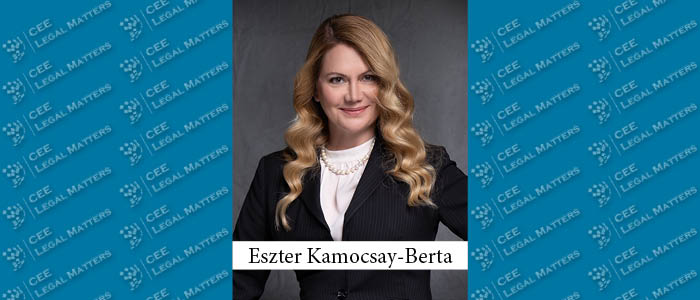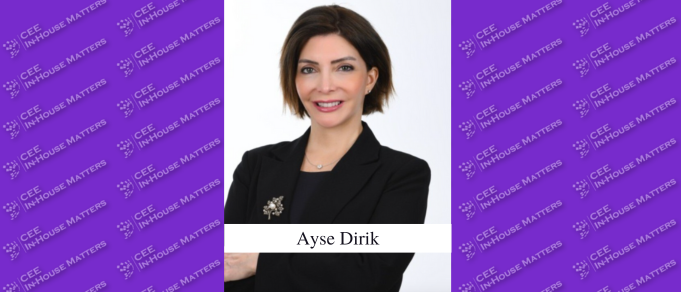The amendment package includes several minor amendments to help interpreting the text of the Hungarian ESG Act, and the provisions of the ESG Act have been brought into line with the content of the regulations supplementing the provisions of the ESG Act in several places. The amendments entered into force on 19 January 2025.
The most significant amendment to the ESG Act is that previously the regulated financial service providers were not subject to the ESG Act. This has been clarified by the amendment, so that if a regulated financial service provider is carrying out ESG contributory activities, it shall be subject to the ESG Act in relation to those activities. Accordingly, a new definition of “regulated financial service provider” has been added to the ESG Act, which covers, inter alia, credit institutions, investment firms, insurance companies and even crypto asset providers.
Another significant amendment is that the “double materiality” principle of the ESG Act has been amended, which is now referred to in the Act as the principle of “materiality” from the date of entry into force of the amendments. The substance of the principle has not changed significantly. Rather, the change may be because the principle of double materiality is also an important principle for sustainability reporting under the CSRD, but the meaning of the principle in the CSRD differs significantly from the meaning of the principle in the ESG Act. It was therefore necessary to amend the name of the principal in order to clarify any potential misunderstandings.
As Hungarian ESG regulation continues to evolve, the ESG Act may be amended at any time, so it is recommended to keep an eye on developments. 2025 will certainly be a significant year for ESG, as it will be the first year of publication of the ESRS-based sustainability reports, which are also worth monitoring.
By Eszter Kamocsay-Berta, Managing Partner, KCG Partners Law Firm
















